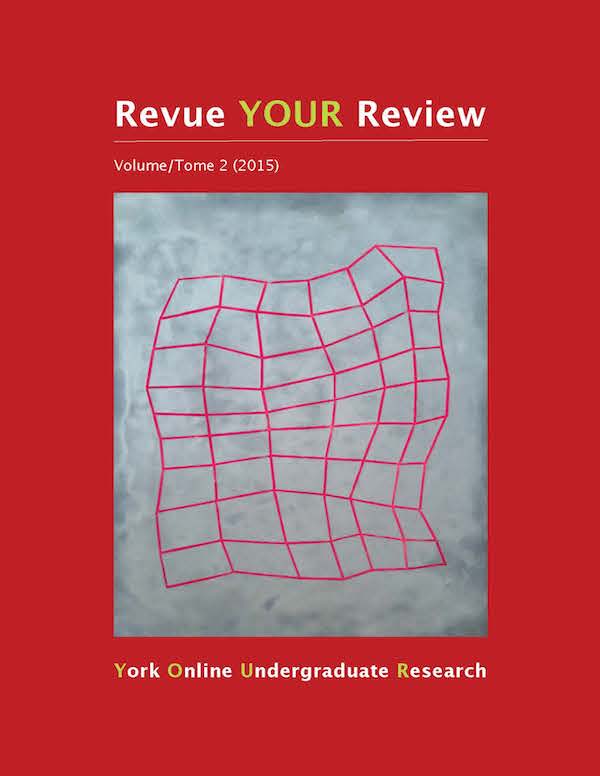Altered Beauty: African-Caribbean Women Decolonizing Racialized Aesthetics in Toronto, Canada
Keywords:
African-Caribbean, beauty, Critical Race Theory, hairstyles, racism, womenAbstract
This study reviews narratives of black Canadian women who problematize the racism that they face in relation to beauty. Critical Race Theory is used to analyze the effects of hair and skin discrimination and the consequences of ideological racism surrounding perceptions of beauty. The participants review material aids, discuss their past experiences with racism, and reveal anti-racist strategies in order to decolonize normalized grooming practices.
Her skin is dark. Her hair chemically straightened. Not only is she fundamentally convinced that straightened hair is more beautiful than curly, kinky, natural hair, she believes that lighter skin makes one more worthy, more valuable in the eyes of others. Despite her parents’ effort to raise their children in an affirming black context, she has internalized white supremacist values and aesthetics, a way of looking and seeing the world that negates her value. Of course this is not a new story.—bell hooks, Black Looks: Race and Representation
How to Cite
Issue
Section
License
Authors contributing to Revue YOUR Review agree to release their articles under one of three Creative Commons licenses: Creative Commons Attribution 4.0 International; Creative Commons Attribution-NonCommercial 4.0 International; or Creative Commons Attribution-NoDerivatives 4.0 International. All editorial content, posters, and abstracts on this site are licensed under Creative Commons Attribution-NoDerivatives 4.0 International. For further information about each license, see:
https://creativecommons.org/licenses/
In all cases, authors retain copyright of their work and grant the e-journal right of first publication. Authors are able to enter into other contractual arrangements for the non-exclusive distribution of the e-journal's published version of the article (e.g., post it to an institutional repository or publish it in a book or in another journal), with an acknowledgement of its initial publication in this e-journal.


